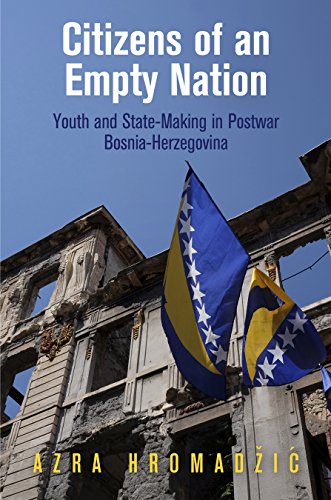

Most ebook files are in PDF format, so you can easily read them using various software such as Foxit Reader or directly on the Google Chrome browser.
Some ebook files are released by publishers in other formats such as .awz, .mobi, .epub, .fb2, etc. You may need to install specific software to read these formats on mobile/PC, such as Calibre.
Please read the tutorial at this link: https://ebookbell.com/faq
We offer FREE conversion to the popular formats you request; however, this may take some time. Therefore, right after payment, please email us, and we will try to provide the service as quickly as possible.
For some exceptional file formats or broken links (if any), please refrain from opening any disputes. Instead, email us first, and we will try to assist within a maximum of 6 hours.
EbookBell Team

4.0
66 reviewsIn the wake of devastating conflict in Bosnia-Herzegovina, the polarizing effects of everyday ethnic divisions, combined with hardened allegiances to ethnic nationalism and the rigid arrangements imposed in international peace-building agreements, have produced what Azra Hromadžić calls an "empty nation." Hromadžić explores the void created by unresolved tensions between mandated reunification initiatives and the segregation institutionalized by power-sharing democracy, and how these conditions are experienced by youths who have come of age in postconflict Bosnia-Herzegovina.
Building on long-term ethnographic research at the first integrated school of Bosnia-Herzegovina,Citizens of an Empty Nationoffers a ground-level view of how the processes of reunification play out at the Mostar Gymnasium. Hromadžić details the local effects of the tensions and contradictions inherent in the processes of postwar state-making, shedding light on the larger projects of humanitarian intervention, social cohesion, cross-ethnic negotiations, and citizenship. In this careful ethnography, the Mostar Gymnasium becomes a powerful symbol for the state's simultaneous segregation and integration as the school's shared halls, bathrooms, and computer labs foster dynamic spaces for a rich cross-ethnic citizenship—or else remain empty.